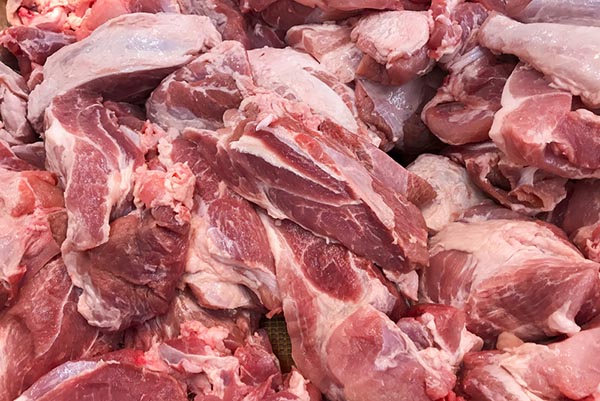Pork production is expected to decrease in China, the United States and some European countries

Rabobank's latest quarterly pork report points to an alarming trend of declining pig populations in key producing regions, which casts a shadow on the global pork market.
Despite the serious problems, analysts note that consumption remains steady.

It is expected that the reduction in the number of sows will lead to a decrease or zero production in China, the United States and some European countries during 2024, and the problems of the industry will worsen due to the spread of diseases..
While some regions are struggling with declining livestock numbers, others, such as Brazil, are on the rise, driven by global demand. Rabobank highlights the uneven growth around the world: outbreaks of African swine fever (ASF) and loss-making pressures are accelerating the decline of breeding stock in Asia, especially in China.
Chenjun Pan, senior animal protein analyst at Rabobank, warns that disease outbreaks could contribute to continued uncertainty in 2024. Despite these challenges, she predicts further productivity gains due to genetic advances, improved farm management practices and cost reduction strategies.
Meanwhile, despite production problems, feed prices continue to decline, and corn and soybean prices have decreased by 15-25% over the past year. “The reduction in feed costs is a welcome relief for pig farmers, boosting profitability during a period of uncertainty,
Pork consumption remains steady in key regions as inflationary pressures ease, with Rabobank expecting a slight improvement in global pork consumption in 2024. Easing inflationary pressures and economic recovery in some regions are likely to support this trend.
Rabobank's forecast suggests a possible reduction in global pork trade in the first half of the year, mainly due to high stocks in importing countries, which will lead to lower demand.
The pork export market is expected to be sluggish, especially given the ongoing crisis in the Red Sea and the Suez Canal, hindering European supplies to Asia.
SOURCE: emeat